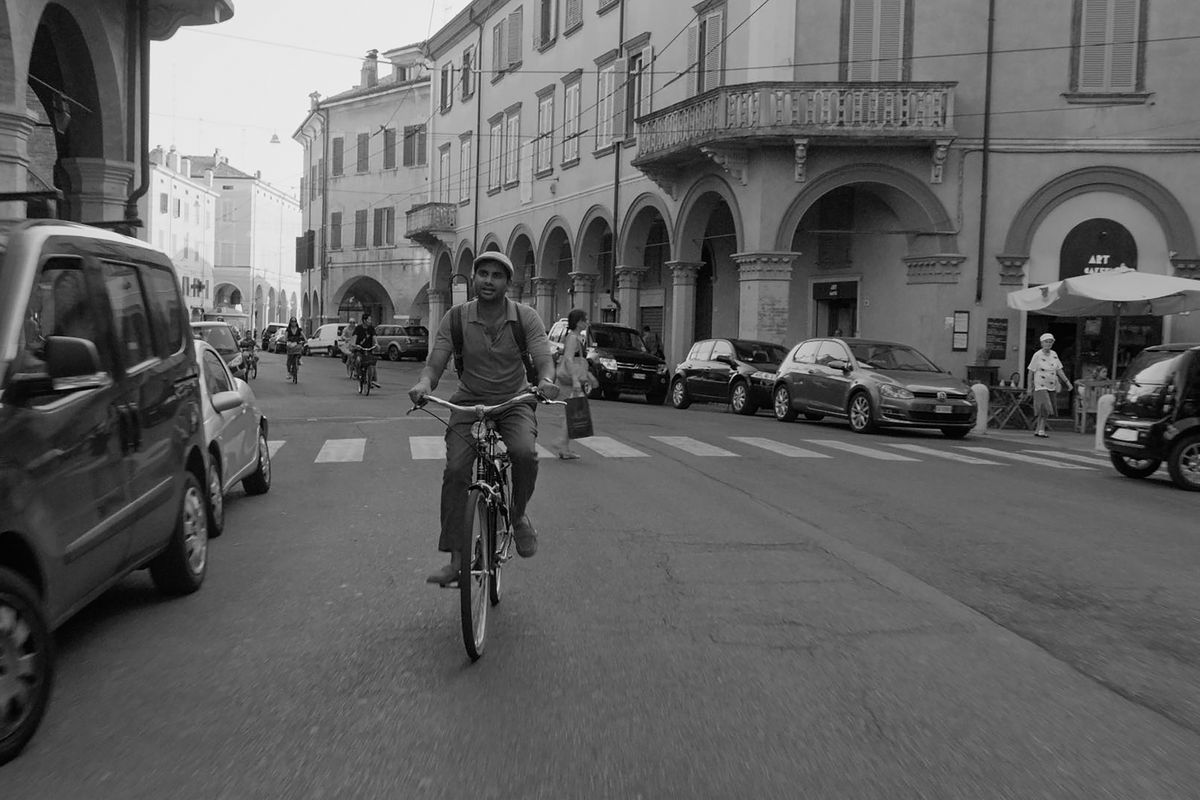 Woody Allen can retire now if he wants. That’s because Aziz Ansari and Alan Yang have done something unexpected: two Asian-Americans — who did not grow up in New York — have made a uniquely New York comedy/ drama that, at times, feels very Woody Allenesque. By that I mean, Ansari and Yang have, like Allen at his best, come close to creating a masterpiece of storytelling in the second season of ”Master of None” on Netflix. As a long time Woody Allen fan, I do not say this lightly, but it’s clear that the duo have progressed beyond the cuteness of the first season to a new level of storytelling that’s both innovative and compelling.
Woody Allen can retire now if he wants. That’s because Aziz Ansari and Alan Yang have done something unexpected: two Asian-Americans — who did not grow up in New York — have made a uniquely New York comedy/ drama that, at times, feels very Woody Allenesque. By that I mean, Ansari and Yang have, like Allen at his best, come close to creating a masterpiece of storytelling in the second season of ”Master of None” on Netflix. As a long time Woody Allen fan, I do not say this lightly, but it’s clear that the duo have progressed beyond the cuteness of the first season to a new level of storytelling that’s both innovative and compelling.
The series stars Ansari as Dev Shah. Dev is an actor whose jobs consist of commercials, B-movie roles, and in this season, the host of a cupcake competition show called ”Clash of the Cupcakes.” Season two picks up where season one left off — with Dev and his girlfriend broken up. He heads to Italy to learn how to make pasta (something he loves), and she moves to Tokyo. Setting the early episodes in Modena, Italy has many advantages. The first being that it takes Dev out of New York and gives him different experiences so he can nurse his wounds from the break up with his girlfriend Rachael in the first season. When we see him in Italy, it’s clear that he’s embraced the Italian culture by learning to make intricate pastas, speaking the language, and making friends with some of the locals. And while there are many amusing scenes that take place in Italy (including a visit by Dev’s friend Arnold, who tries to convince his ex-girlfriend not to marry her fiance, and an episode shot in black and white with more than a nod to Vittorio De Sica’s ”The Bicycle Thief”), the stories really take off when the location is set back in New York City.
The episodes that deal with religion and dating (appropriately titled ”Religion” and ”First Date”) focus on each activity that doesn’t run into stereotypes. For example, in ”Religion” Dev pretends to be religious around his parents during Ramadan, but can’t help being in love with pork and drinking wine. While there’s some anxiety over his ”coming out” as a pork eater, it’s handled with the right amount of sensitivity and avoids any neuroticism that Woody Allen would have infused a scene with. ”First Date” comes close to being stereotypical in a couple of scenes, but redeem themselves by throwing curveballs that are both funny and unexpected.
One of the long arcs of the series is a smoldering crush that turns into a deep love between Dev and Francesca (Alessandra Mastronardi) — a woman Dev befriends in Italy. Though the romance between the two is isn’t apparent at the beginning, it later evolves to the point where there’s real heartbreak over poor timing and promises made to others. What’s refreshing for the series is that Ansari and Yang will devote an episode to different styles of filmmaking. So in addition to a certain post-World War II Italian film, they also dabble in short vignettes focusing on characters not seen in the series before, and even evoke a ”Manhattan”-like feel in a sequence shot in a park with giant modern art sculptures. And while Allen’s films often zoom in on his anxiousness and insecurity of being jewish in a mostly white Protestant culture, Ansari and Yang’s characters rarely have issues with their ethnicity when it comes to the larger society — save perhaps Dev’s friend from childhood, Denise. Denise is a black lesbian who, in the first season, seemed like she was shoehorned into the Dev’s universe. Her presence didn’t seem authentic, but the episode ”Thanksgiving” (co-written by Lena Waithe who plays Denise) gave both context and believability to Dev and Denise’s friendship.
Episodic television is often trapped by a formula, and that’s why it rarely transcends its conventions. ”Master of None” is such a departure from the formula of episodic TV because it defies convention. Ansari and Yang are clearly more than comedic writers — just as Allen became more of an artist once he stopped trying to recreate his ”older, funnier films.” Making a conscious effort to explore more serious material that requires an actor like Ansari to shed his usual wisecracking persona can sometimes flop because of the material and the limitations of an actor’s abilities (remember when Bill Murray made ”The Razor’s Edge?” Or when Steve Martin made ”Pennies from Heaven?”). Ansari is no great actor, but he is savvy enough to know his limitations and not create situations where those limitations are accentuated.
Overall, ”Master of None” is thoroughly enjoyable, adult storytelling. The fact that most of the characters are in their early 30s — and are relatively normal — dispels the myth that Millennials are a bunch of narcissistic, self-deluded, and ultimately horrible people that Lena Dunham’s ”Girls” has got the market cornered on. You can binge watch ”Master of None,” and feel like you’re watching a novel unfold in the space of ten compact and wonderfully written episodes — with characters who are sympathetic, funny, and don’t always make dumb choices.


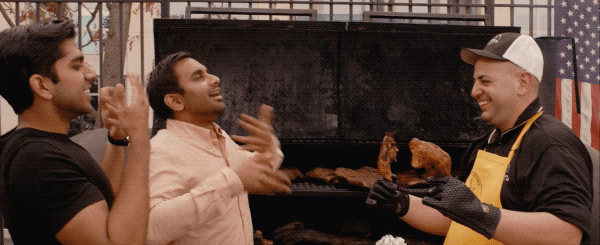
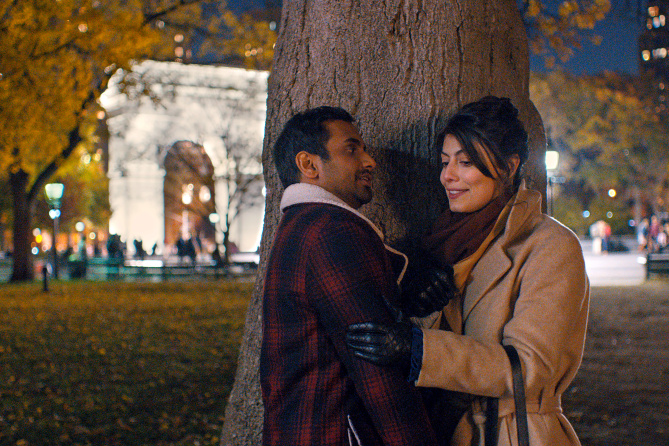
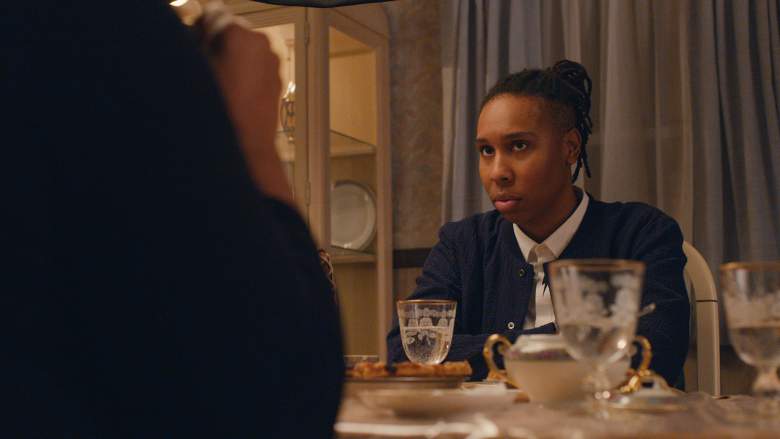
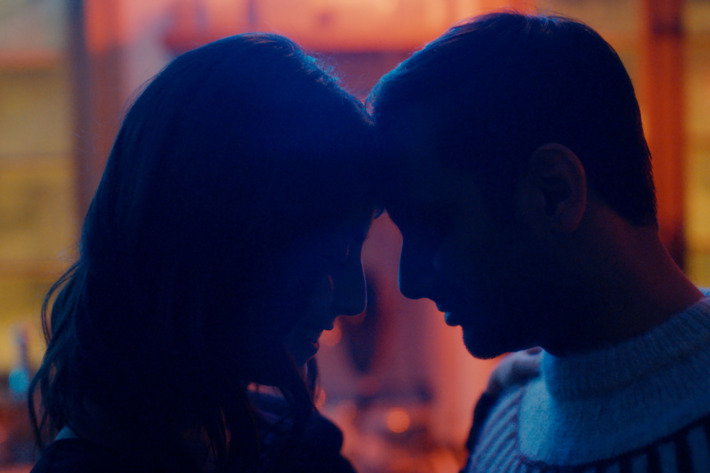



Comments